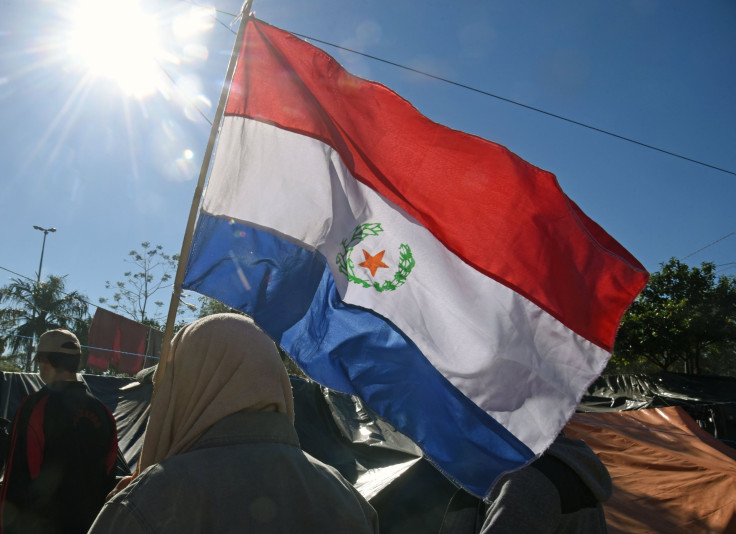World's Largest Bitcoin Mining Farm Gets Paraguay Government Backing

Cryptocurrency miners from various countries are facing trouble following the bitcoin price decline over the last two weeks. But this has not prevented the Paraguay government from supporting a blockchain technology foundation called the Commons Foundation in constructing the world’s largest mining farm in terms of the area — over 530,000 square feet. The project would be known as the Golden Goose Project, CCN reported Sunday.
The Paraguay government will provide five plots of land for facilitating the project, which would also comprise the largest bitcoin exchange in the world, in terms of trade volume.
Commons Foundation, based in South Korea, would be building the mining farm near the Itaipu Hydroelectric Power Plant, which is among the largest in the world with an annual power output of 103 terawatts. Only 20 percent of the nation’s power is consumed internally, and the rest is exported.
"Commons Foundation has also secured a deal with the government for at least five years of competitively priced power — around 80 percent cheaper than any deal the foundation could secure in South Korea," according to the CCN report. The government has also guaranteed installation of high-speed internet networks, and the establishment of laws for all related business for the project.
“The Paraguay government will actively support the Commons Foundation’s ‘Golden Goose project’ and provide tax breaks through constitutional revisions,” CCN reported, citing Hugo Velazquez Moreno, the country's vice-president. No timeline for development of the project was given.
If Paraguay does a constitutional revision to include tax provisions for the cryptocurrency industry it would mean recognizing cryptocurrency trade or cryptocurrency mining as a legal activity.
The Commons Foundation has plans to host pre-sales and initial exchange offerings to fund the project. The token holders are promised 30 percent of mining profits and 70 percent of exchange profits daily. The profits would be paid in cryptocurrency including microbitcoin — a cryptocurrency that is tradeable against the U.S. dollar.
Price of bitcoin on Sunday fell below $3,600, more than a 15-month low, as tracked by CoinMarketCap. This price crash has resulted in significant losses for cryptocurrency traders and currency miners.
Mining currencies requires a lot of electricity. Miners can afford the power bills only if the price of the particular currency they are mining stays high. On Wednesday, the Norwegian government said it would do away with the electricity subsidy granted to cryptocurrency miners. The cryptocurrency miners in the country would have to pay regular electricity tax from 2019. With the subsidy ending, cryptocurrency miners would see a large increase in their expenses, which in turn, is likely to subdue their net profits.
Some small and medium-sized miners in China’s Xinjiang and Inner Mongolia have been selling their mining machines as junkin the second-hand market. The miners were not able to cover the electricity cost by mining currencies with their older machines
© Copyright IBTimes 2025. All rights reserved.





















